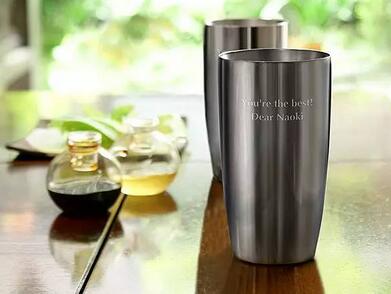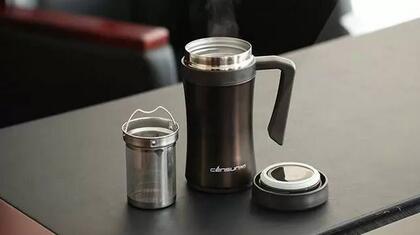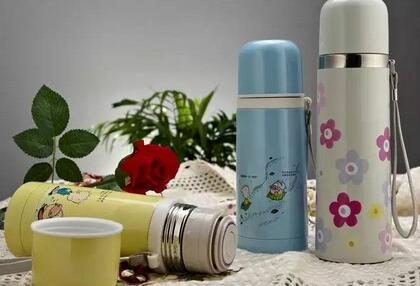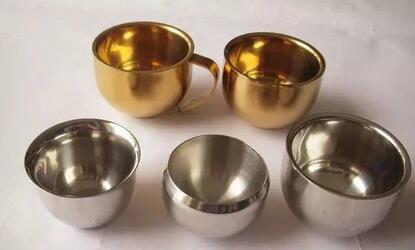In cold winter, many people switch from glass cups to stainless steel ones. However, recent online reports claim that brewing tea in stainless steel cups poses a risk of chronic poisoning, sparking widespread concern. Is it really that dangerous? To uncover the truth, a CCTV reporter conducted an experiment.

Reporter's Experiment
Brewing tea in stainless steel cups releases chromium, a heavy metal.
The reporter first interviewed people on the street and found many using stainless steel cups, some for tea. Most believed stainless steel cups are hygienic, durable, and suitable for cold weather. But is it safe to brew tea in them? The experiment began.
A new stainless steel cup was filled with tea, sealed, and left for 72 hours. Upon opening, visible corrosion was found on the inner walls. Experts explained that tea's chemicals react with stainless steel, damaging its protective layer and releasing chromium, which can harm health if ingested long-term.

Chromium, a bluish-white metal, is used in stainless steel for its corrosion resistance. Long-term exposure to trivalent chromium can disrupt the body's antioxidant system, leading to diseases like diabetes and hypertension. Hexavalent chromium is 100 times more toxic, causing skin, respiratory, and digestive issues, and even cancer or kidney failure.

Experts advise against using stainless steel cups for tea or storing acidic or salty foods like vinegar or soy sauce.
Expert Reminder
Lower-quality stainless steel is more prone to corrosion.
Experts note that poor-quality stainless steel corrodes more easily. To test quality, the reporter brought three stainless steel items to a lab. A stainless steel identifier was applied; faster color change indicated lower quality. However, this method isn't practical for home use.

A simpler test uses a magnet: strong magnetism suggests the item is iron-based and electroplated, not true stainless steel. Genuine stainless steel has weak magnetism due to its iron content and protective coating.
Another test involves lemon juice. Apply it to the surface; if marks remain after wiping, the stainless steel is low quality and prone to corrosion, releasing harmful chromium.